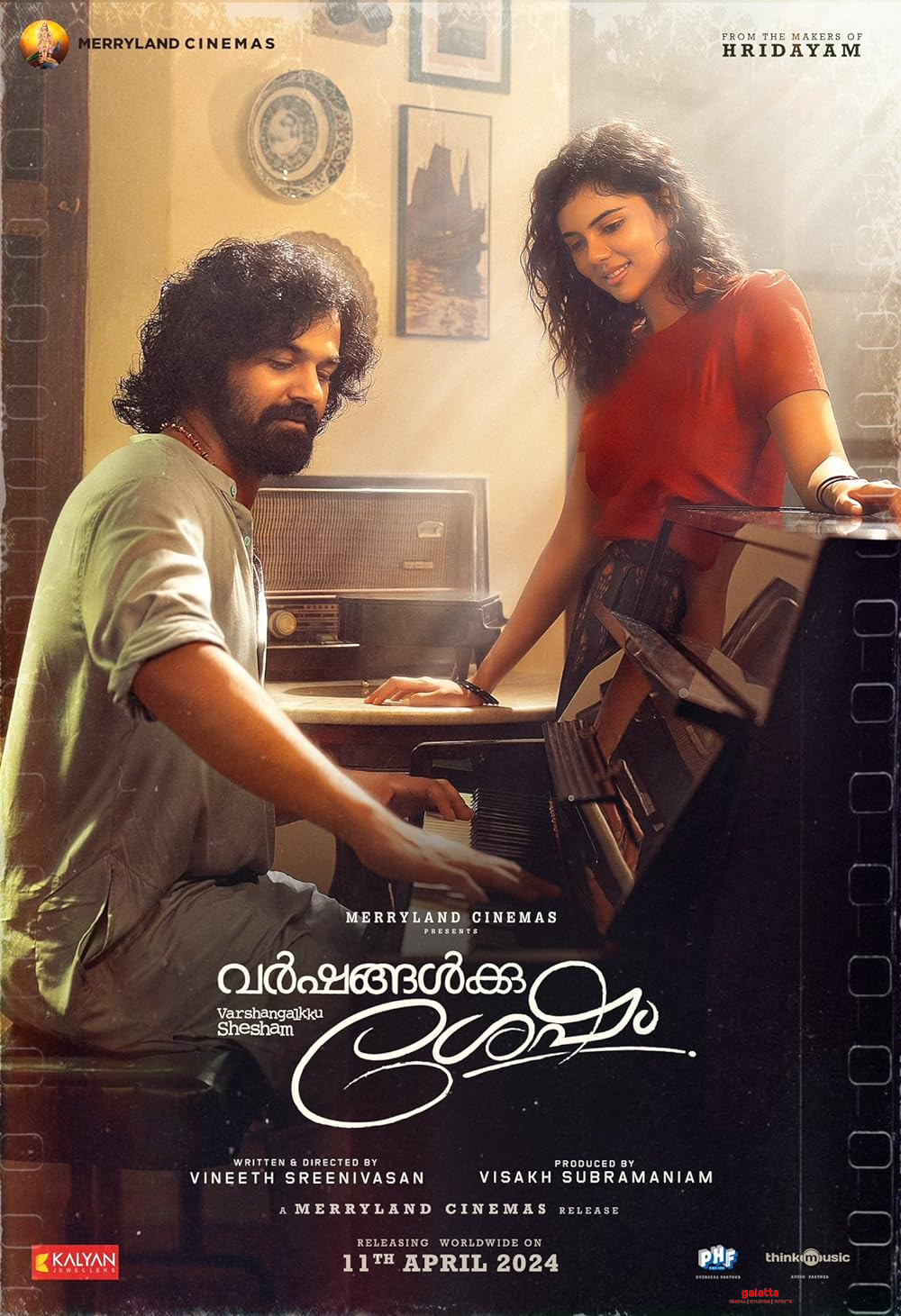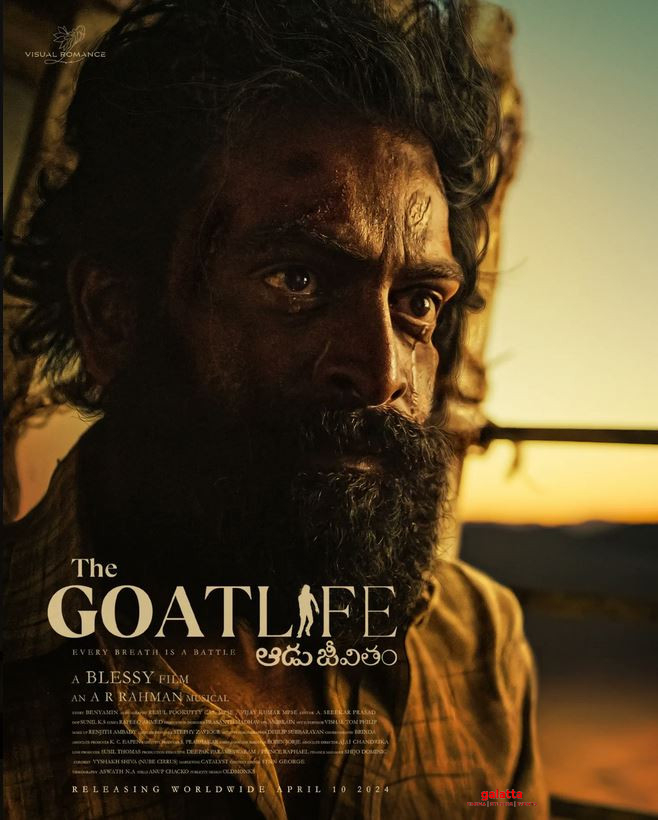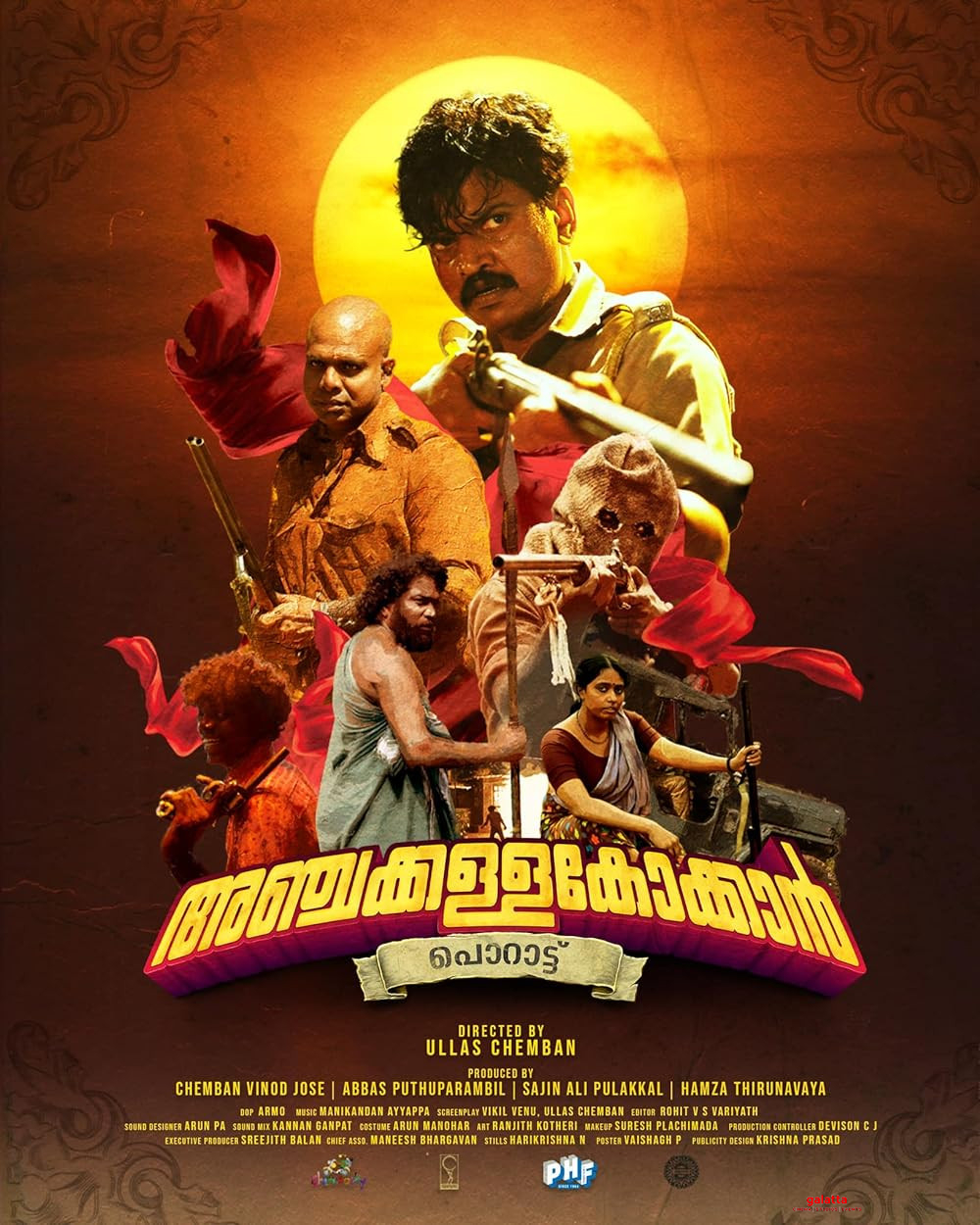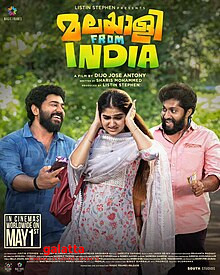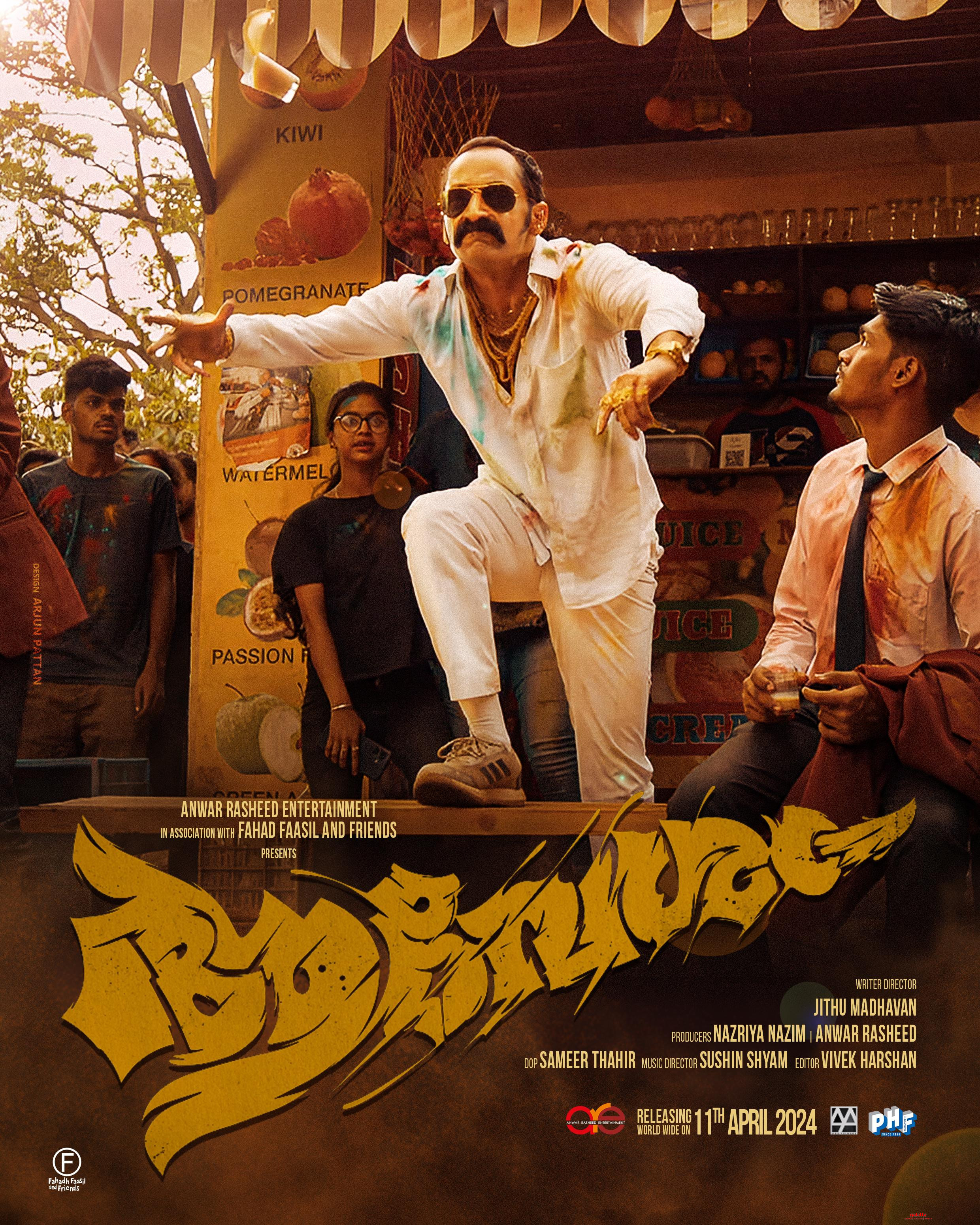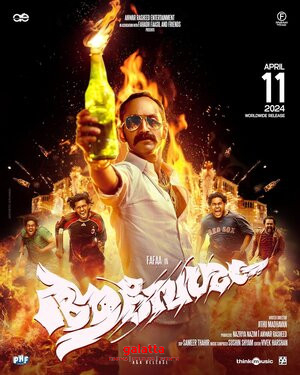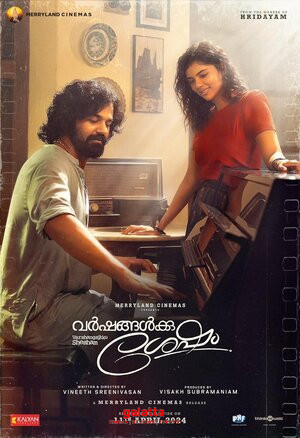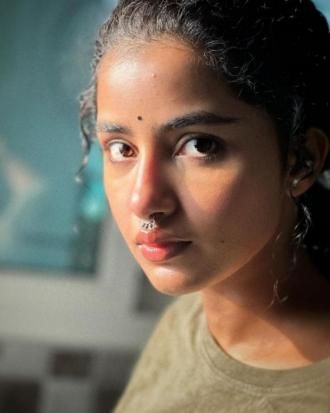Malayalee From India (Sajin's Review) Movie Cast & Crew
Malayalee from India is like that friend who has plenty of jokes and exciting ideas to tell you but is quite unsure how to express all of them. By now, director Dijo Jose Antony has established himself as a fiercely political filmmaker -- he even shows up as an educator named 'Shyju' (ahem ahem) -- and this Nivin Pauly-starrer is another potent addition to his filmography after Queen and Jana Gana Mana. Unlike those two films, however, Malayalee isn't as angry. Yes, there is anger, but it manifests in short bursts as opposed to a long, sustained explosion. In Malayalee, the anger stems largely from hatred, bigotry, and ignorance as opposed to a cathartic need on the part of the main characters. It delivers its therapy in a different form. It's relatively less dark.
Subtlety isn't always the strong suit of Dijo's style. Jana Gana Mana benefitted from a loud approach, especially the courtroom scenes with Prithviraj, which don't follow real-world logic but take the words right out of your mouth in escapist 'mass' cinema fashion. (If you want a realistic courtroom drama, watch Chaitanya Tamhane's Court.)
Malayalee, however, gets quite loud in the first half, to the point of annoying me. You get the feeling that individual situations or "skits" were dreamed of first, and the screenplay was constructed around them later. As I said earlier, you can sense the writer and director getting excited about certain ideas, but these don't come together smoothly as they did in Jana Gana Mana. One can accuse that film of loudness and bombastic expression, but not lack of fluidity.
But one thing Malayalee does well is revealing its lead characters' political leanings through clever hints and visual motifs, especially Nivin's Aalaparambil Gopi (misread, in one scene, as Al Harami Coffee). A long segment, essentially the film's second half, plays out like a spoof of Aadujeevitham. It's where the film earns most of its laughs. (That joke about sending a hartal-seeking guy to the Gulf to teach him about life?) And once the laughs subside, it ventures into a more serious territory.
Let's just say it's Aadujeevitham if envisioned by Vineeth Sreenivasan. It's also where the film slows down and relaxes a bit instead of being distracted by multiple elements as it did in the first half. But there is also a touch of Sathyan Anthikad flavour in that Malayalee follows the staple of the unemployed Malayali loafer's life transformed drastically after a series of humbling and sobering events beyond his control. (Also, remember when Anthikad planned to make Njan Prakashan under the title 'Malayali'?)
In Gopi's case, the instigator of the chaotic events is his best friend Malgosh (Dhyan Sreenivasan), another hardcore right-leaning loafer who risks his and his friend's life by indulging in some dumb and rash behaviour that earns our scorn. Dhyan, it's safe to say, is unlikeable in Malayalee -- the complete opposite of what he did in Varshangalkku Shesham.
However, this is a film unafraid to call out the negatives on both sides. On one side, it calls for Hindu-Muslim unity and derides gross generalisations and sectarian violence. On the other, it takes time to acknowledge the regressive mentality of the members belonging to either community, particularly with regard to their treatment of women. That scene with a 'muthappan' comforting a mute Muslim woman is so moving.
Dijo's films are avenues for cathartic release, and Malayalee is no different. Take the cameo of Shine Tom Chacko as a collector, for instance, who shows up to deliver a much-needed... err... lesson to the heads of certain groups gathered for a meeting. That Dijo does this through a cameo character instead of the protagonist is interesting.
But whatever shortcomings it has is smoothed over by the presence of Nivin, who, in my book, brings on his funniest and most endearing performance in ages. His evolution from a despicable, good-for-nothing loser to a responsible, hard-working guy is convincing. The Nivin in the second half differs from the Nivin in the first half, and the actor sells it beautifully. The humour in the "Aadujeevitham" section had me nearly rolling on the floor. The endearing bit comes from having him navigate the events in a Forrest Gump-esque fashion.
Sometimes, the initiating approach for delivering a message -- like having his mother mention the neighbour's son joined IS -- doesn't quite work as much as the message itself. See, that's the quality of this film: it says and does all the right (not the political one, mind you) things, but the mode of transport isn't always is. Some of the music videos and forced metaphors... were they necessary? I wonder. The trapped rat as a metaphor for Gopi's situation, for example. A jarring, unnecessary distraction. But is it an important film? Most definitely.

